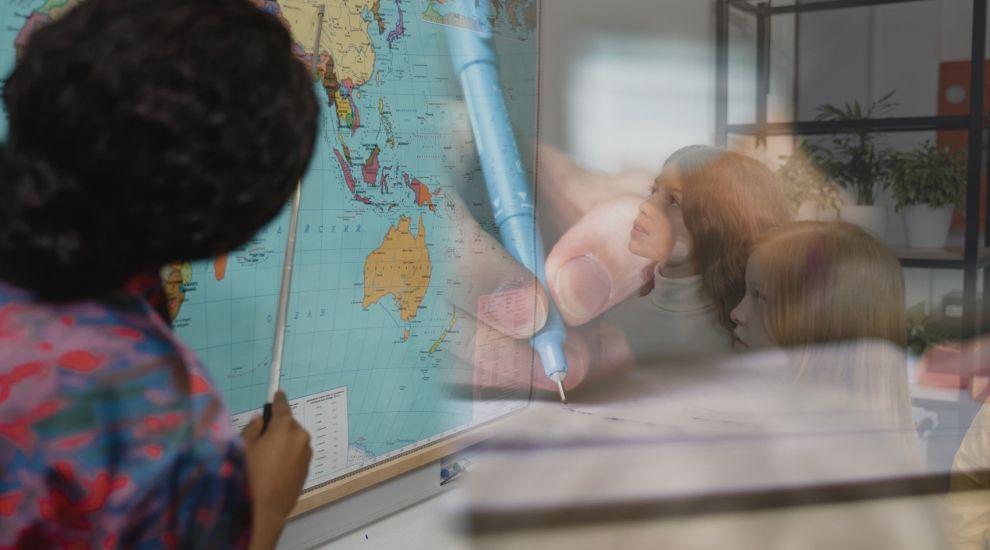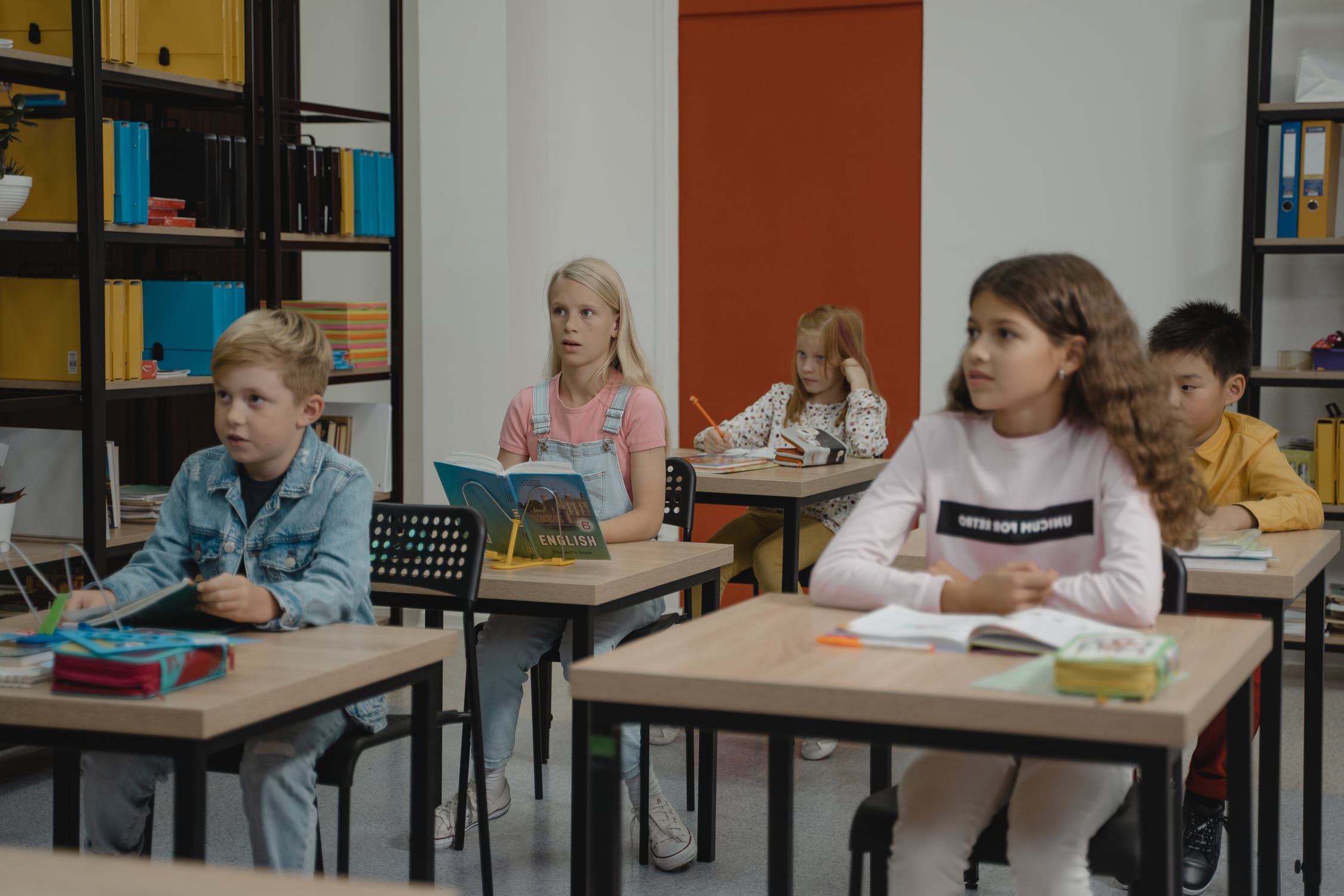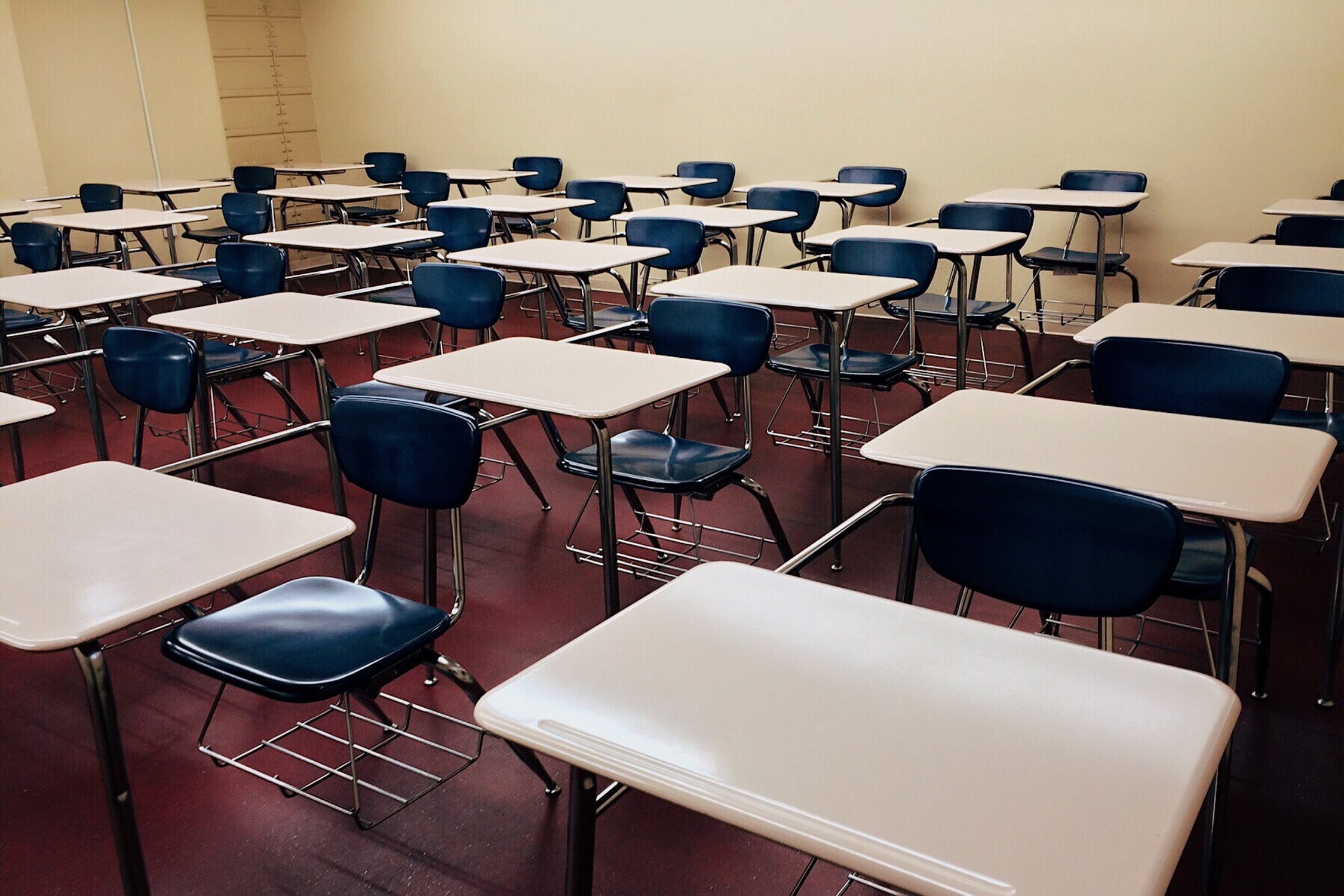


On average, pupils are around three months behind in their schooling as a consequence of the pandemic, according to an estimate by the National Foundation for Educational Research (NFER).
They have also estimated that the gap between pupils from rich and poor backgrounds has grown by nearly half, to 46%.

Pictured: "From Nursery through to year five, pupils should be allowed to catch-up in their own time. There is enough flexibility within the school day to accommodate this."
In response to this concern, governments, including ours, are looking at a number of solutions to support all children but mainly those that have fallen furthest behind. Sir Michael Wilshaw, the ex-Chief Inspector of Ofsted suggested that it might be best for some children to repeat a year. Other ideas include;
All of these are feasible but there are still a number of unknowns that have to be resolved. Will teachers be expected to step up to the plate work and extra hours, after school, at weekends or in the school holidays? If so will that be with or without financial incentives?
How many teachers will volunteer their services? Jersey already has great support, especially in the primary sector. Every Child Our Future has over 500 volunteers in schools helping with reading and general literacy. If more non-qualified support is needed they will require DBS authorisation and that can take months.
Assuming that all schools are able to staff these extra hours will the children bother turning up? Some pointers as to pupil uptake can been seen over the course of the pandemic, and the signs are not promising.
When our schools were technically open in December 2020 school attendance was 60.4% in Primary and 26.2% at Secondary level. At the start of the lockdown in the UK, when schools were only open for children of essential workers and for those children most in need of support attendance fell to 3.7% and in the following week dropped further to 1.3%. Following the Easter break, it fell to 0.9%.

Pictured: "Assuming that all schools are able to staff these extra hours will the children bother turning up? Some pointers as to pupil uptake can been seen over the course of the pandemic, and the signs are not promising."
Much has been made of the £1.4 billion given to education to facilitate catch-up in England. It is estimated that this amounts to around £50 per pupil and has led to the resignation of the Sir Kevan Collins, the education recovery tzar.
It does seem a paltry figure when compared with the Netherlands which is providing the equivalent of £2,500 per pupil and/or the USA which is stumping up around £1,600 per pupil. This amount is being seen as a measure of the value a government places on education. Using the same calculation, Jersey’s commitment is less than £100 per pupil.
Is it essential that pupils catch up? And if so, how quick does it need to be? It has been suggested that it will take years for those worst affected to catch-up, but that is of little comfort to those pupils facing exams in the next couple of years.
Some schools having extended their GCSE curriculum into year nine. There is no reason why this cannot return to a two year course as intended. Rather than have so many options at Key Stage four, why not reduce those options for those most under pressure. Dropping one option would give at least three extra hours in school day and would do little damage to a child’s prospects.

Pictured: "Children have been through enough in the last twelve months, and much has been made of their fragile wellbeing, so why add fuel to the fire?"
At post sixteen there is a similar lack of available time. However, discussions took place last year, before they abandoned the examinations, to cut out sections of subject curricula. This would be appropriate for this present cohort.
At primary level there is more flexibility, except for year six. This could be resolved by partner primaries and secondaries working together and putting remedial action in place at Key Stage three. This happens in many schools to varying degrees.
From Nursery through to year five, pupils should be allowed to catch-up in their own time. There is enough flexibility within the school day to accommodate this.
Whatever the age of the child, there is no easy fix. It is a concern that schools are in so much of a hurry. Are they putting additional, unnecessary, pressure on pupils just so that they can restore their precious algorithmic ‘flight paths’?
Children have been through enough in the last twelve months, and much has been made of their fragile wellbeing, so why add fuel to the fire? Education on the island needs to have a clear remedial strategy, and one that does put children first.
A properly thought out strategy, rolled out over a number of years, will allow for whatever cash is made available, to be better targeted at those in most need of support. But does it have one?